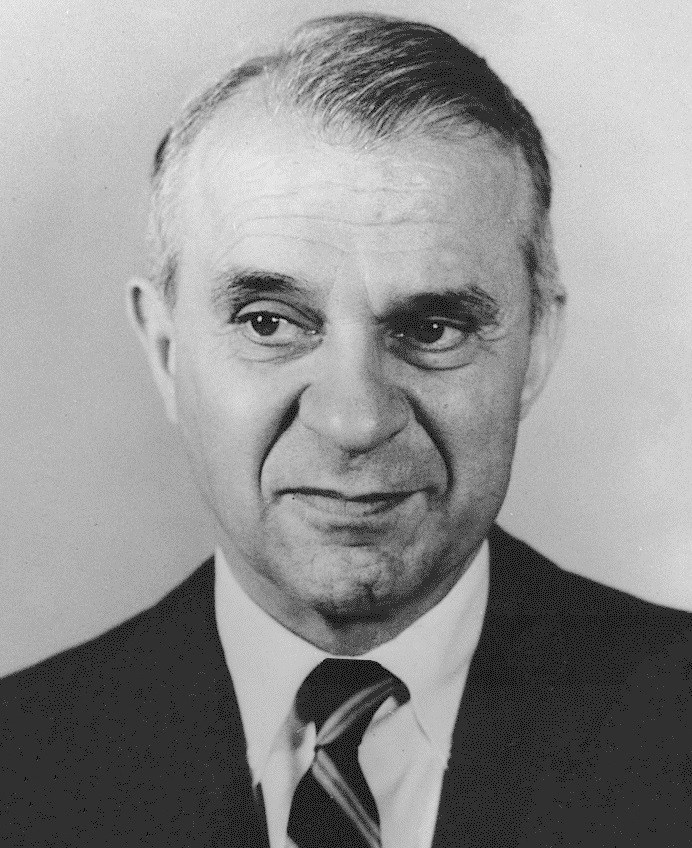Wassily Leontief, a Russian-born U.S. economist, was and still is one of the most recognized names in economics, linked to the development of input-output analysis for which he won the “Nobel Prize” in Economic Sciences in 1973. Leontief earned his Ph.D. degree under the direction of a German economist and sociologist Werner Sombart in Berlin in 1928 and thereafter had appointments in Harvard and New York universities. Throughout his academic career Leontief remained fiercely critical of other economists’ works, the state of the economics discipline, and academic politics. His letter to Science in 1982 clearly reflects, although in nutshell, his views on these issues:
““A dismal performance… What economists revealed most clearly was the extent to which their profession lags intellectually”. This editorial comment by the leading economic weekly (on the 1981 annual proceedings of the American Economic Association) says, essentially, that the “king is naked.” But no one taking part in the elaborate and solemn procession of contemporary U.S. academic economics seems to know it, and those who do don’t dare speak up. […]
Not having been subjected from the outset to the harsh discipline of systematic fact-finding, traditionally imposed on and accepted by their colleagues in the natural and historical sciences, economists developed a nearly irresistible predilection for deductive reasoning. As a matter of fact, many entered the field after specializing in pure or applied mathematics. Page after page of professional economic journals are filled with mathematical formulas leading the reader from sets of more or less plausible but entirely arbitrary assumptions to precisely stated but irrelevant theoretical conclusions.
Nothing reveals the aversion of the great majority of the present-day academic economists for systematic empirical inquiry more than the methodological devices that they employ to avoid or cut short the use of concrete factual information. […]
Year after year economic theorists continue to produce scores of mathematical models and to explore in great detail their formal properties; and the econometricians fit algebraic functions of all possible shapes to essentially the same sets of data without being able to advance, in any perceptible way, a systematic understanding of the structure and the operations of a real economic system.
How long will researchers working in adjoining fields, such as demography, sociology, and political science on the one hand and ecology, biology, health sciences, engineering, and other applied physical sciences on the other, abstain from expressing serious concern about the state of stable, stationary equilibrium and the splendid isolation in which academic economics now finds itself? That state is likely to be maintained as long as tenured members of leading economics departments continue to exercise tight control over the training, promotion, and research activities of their younger faculty members and, by means of peer review, of the senior members as well. The methods used to maintain intellectual discipline in this country’s most influential economics departments can occasionally remind one of those employed by the Marines to maintain discipline on Parris Island.“
— Leontief, Wassily. 1982. “Academic Economics.” Science 217(4555): 104-107.
See also:
— Leontief, Wassily. 1985. Essays in Economics: Theories, Theorizing, Facts and Policies. Routledge.
— Dietzenbacher, Eric and Michael L. Lahr, eds. 2008. Wassily Leontief and Input-Output Economics. Cambridge University Press.
***
Join Economic Sociology & Political Economy community via
Facebook / Twitter / LinkedIn / Whatsapp / Instagram / Tumblr / Telegram


Am in full support of the argumentation in your article, dear Oleg.
Mainstream economics is an ideology disguised as science. Leontief apparently saw it, too. But, then, it is quite obvious, except to the ideologues who are embedded within it. Evidence? Well, most if not all data based, empirical tests of null hypotheses pertaining to the community of shared interest is not a major force in achieving economic efficiency, political stability, and, yes, happiness —- result in rejecting the null. Such tests suggest mainstream economics has no scientific foundation, but, yet, it stays in vogue, meaning it is ideology, not science.